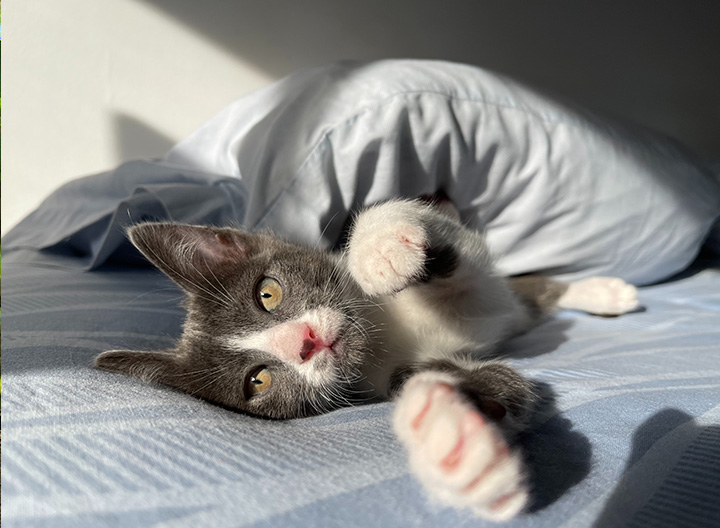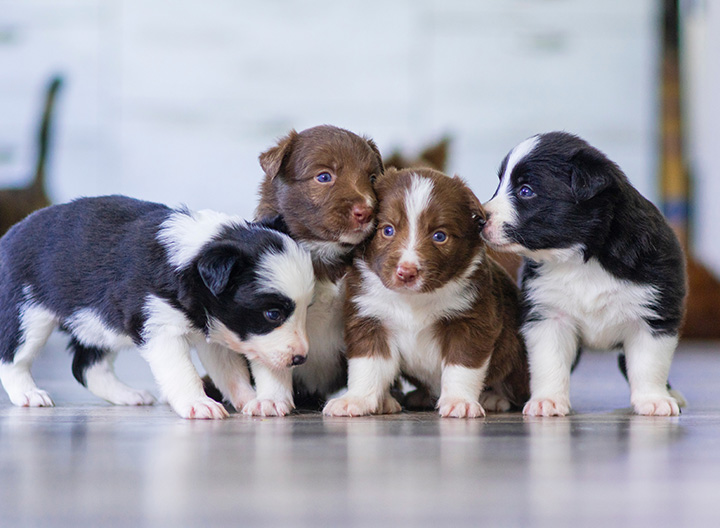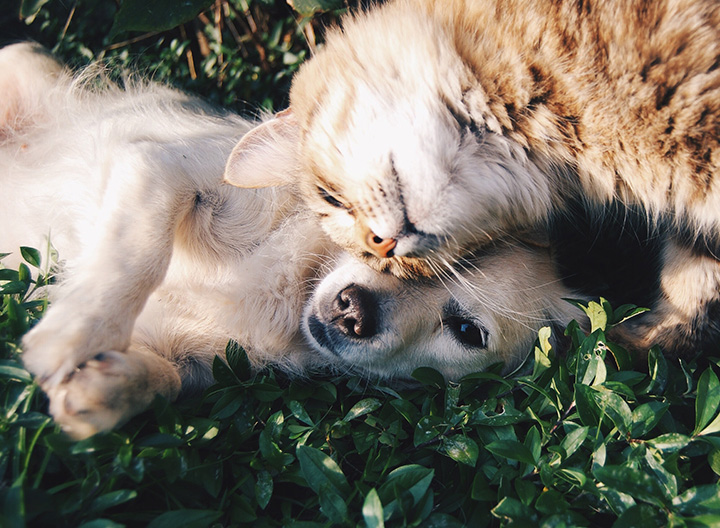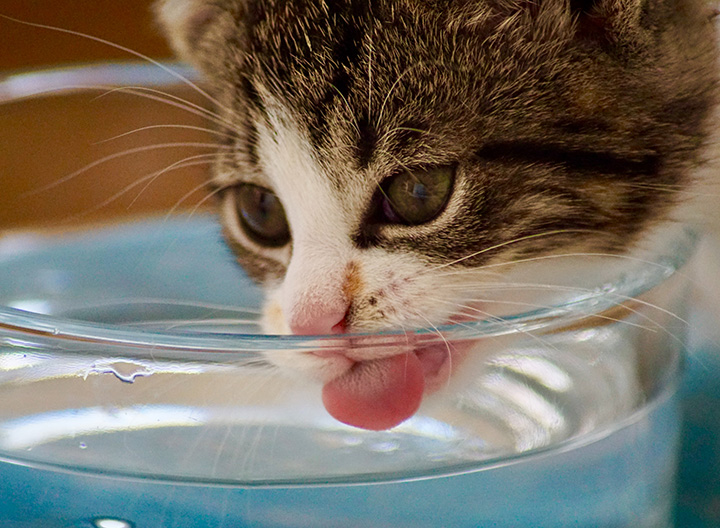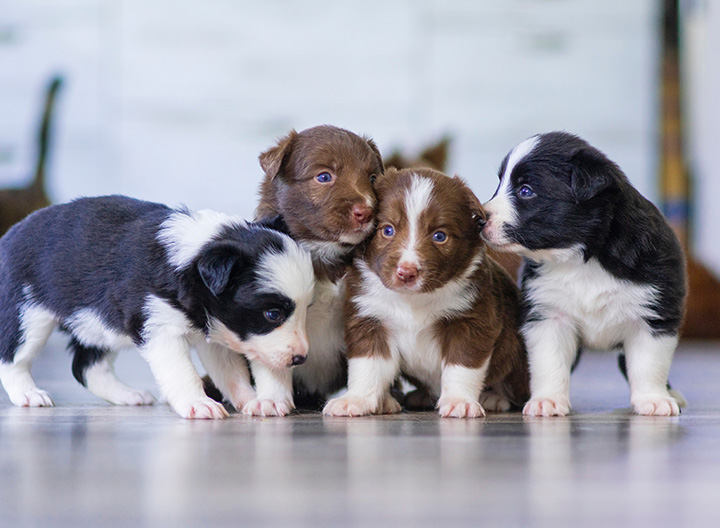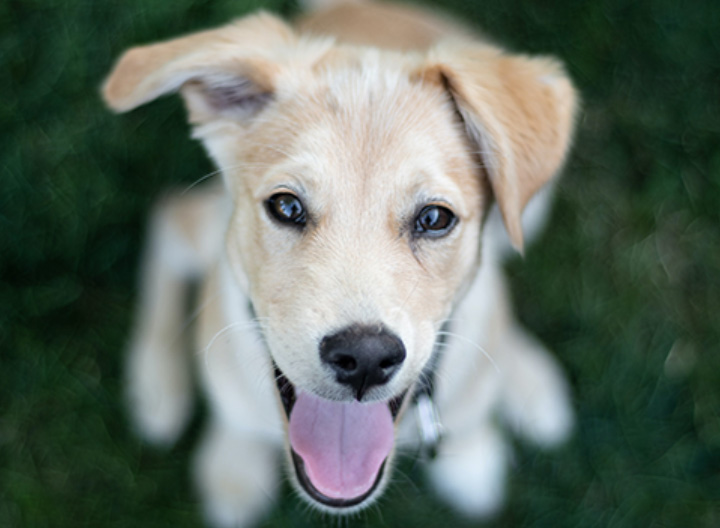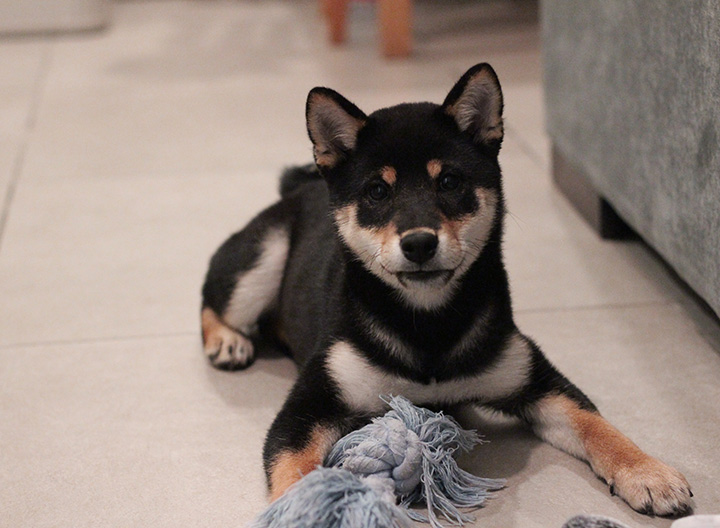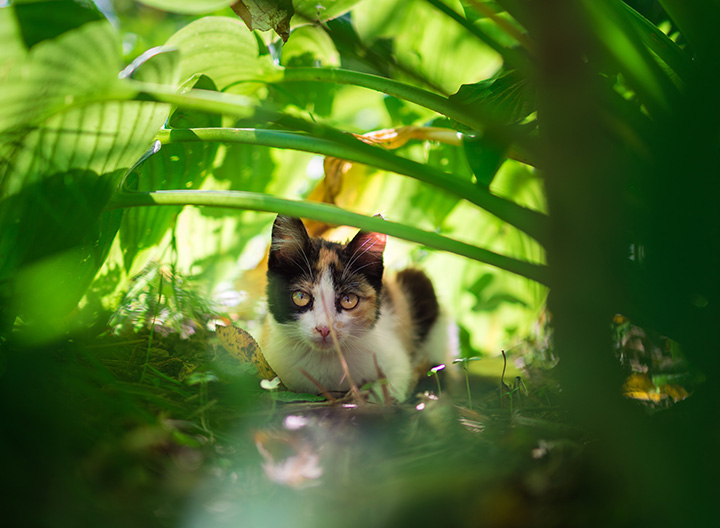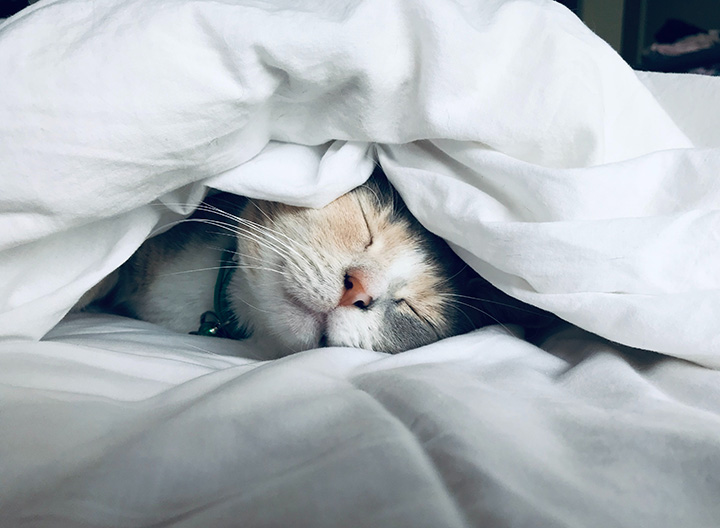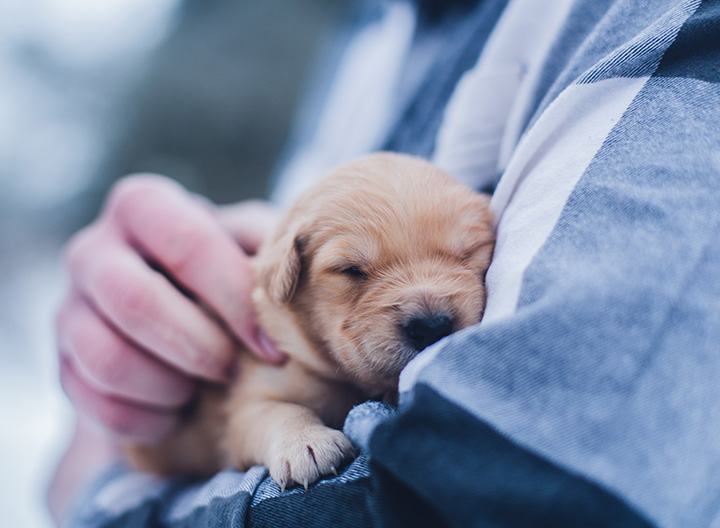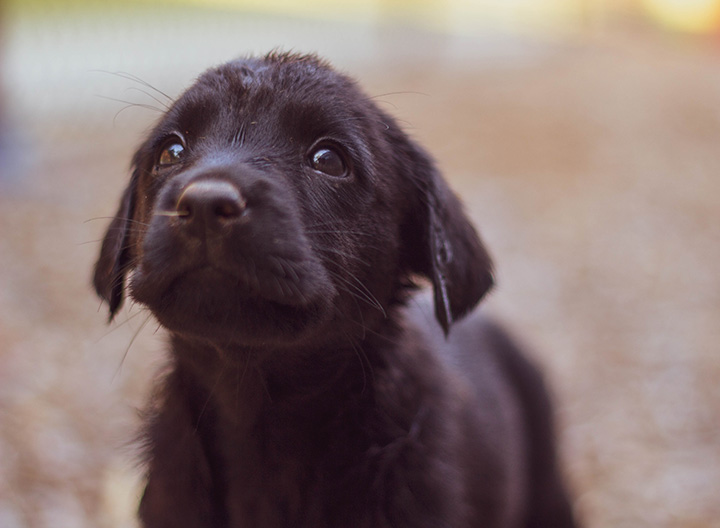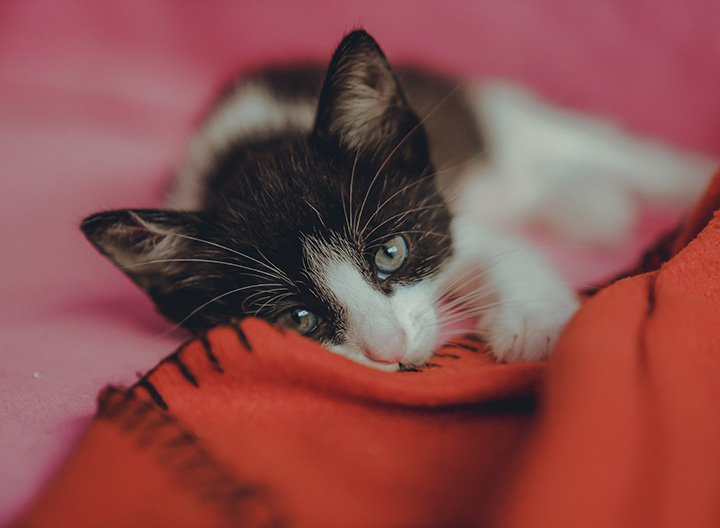Dentistry
A healthy mouth is a big part of a happy pet. If you watch your pet close enough you will notice just how essential your pets teeth are for much more than just eating! Your pet uses its teeth like a human uses his hands to pick stuff up, to carry items, to groom itself, to play – to name but a few.
Just like humans pets are born without teeth but will start to appear within the first few weeks of his or her life, then these deciduous (baby) teeth will fall out and be replaced by permanent adult teeth.
Dental care reduces tooth and gum disease, keeping your pets mouth healthy and pain free. It also reduces the chances of mouth infections spreading to the heart, liver, kidneys or other organs. We perform dentistry under general anaesthesia, during which we routinely extract, scale and polish dogs’ and cats’ teeth. When necessary we are also able to perform more complex dog and cat dental procedures, such as root canal treatments and fillings. Please do book regular dental check ups for your pet or come and see us if you suspect that your pet may be suffering. Unusual behaviour in your pet or unidentifiable misery can often be traced back to dental problems and pets can’t tell us that they have toothache!
Dental signs to watch out for in your pet:
- Bad breath (this is NOT normal for pets).
- Red or bleeding gums.
- Behaviour changes particularly in older pets, slowing down could be a sign of gum disease.
- Small and toy breeds of dog are particularly at risk of plaque and gum disease due to their mouths being smaller, which means their teeth are pushed much closer together.
To look at your cat or dogs teeth just start by lifting their top lip gradually so you will be able to view their canine teeth and some pre molars. Please do not attempt this if there is any risk of being bitten.
Cat Dentistry
75% of cats over 5 years old have problems with their teeth. However most cats are extremely good at hiding any symptoms, meaning that without having a check up you are unlikely to realise that a problem exists. A very common problem is resorptive lesions (feline odontoclastic resorptive lesions to give the full name !) which cause holes to develop in the sides of the teeth. This is most common in the side teeth ( the premolars and molars). We see this very commonly in cats over 5 years, and often the full extent of the lesions can only be appreciated by probing the teeth under general anaesthesia to check for lesions (which may be hidden by tartar on the teeth). Affected teeth need to be extracted, and the healthy teeth will be cleaned and polished during the procedure.
Here are some top tips to help keep your pets teeth healthy:
- provide a dental routine, there are toothbrushes and paste specific for pets
- Make sure your pet has an oral examination from a veterinary professional at least once a year
- There are specific treats that you can buy your pet these days to help reduce tartar build up.

